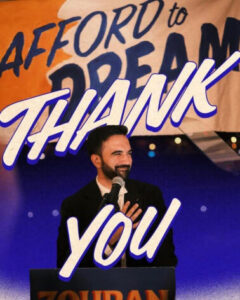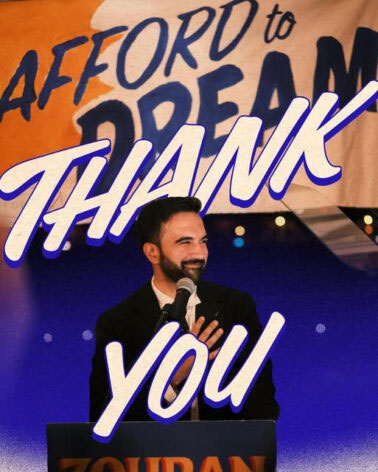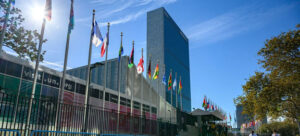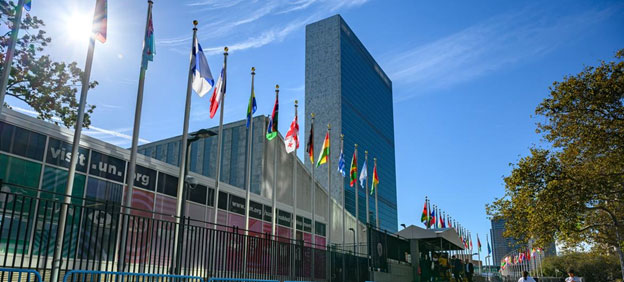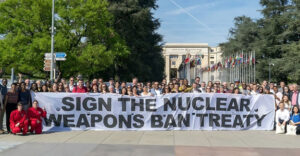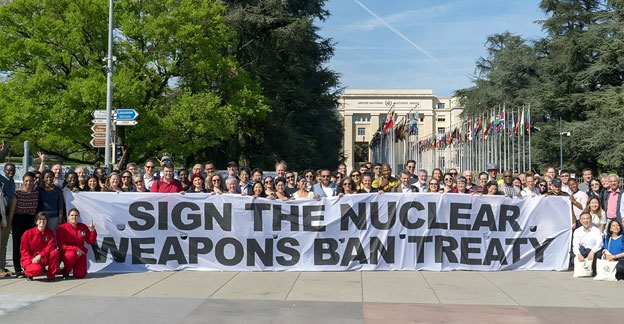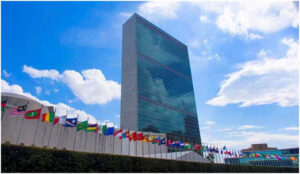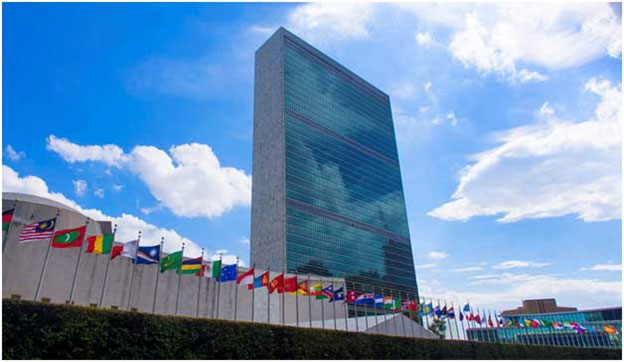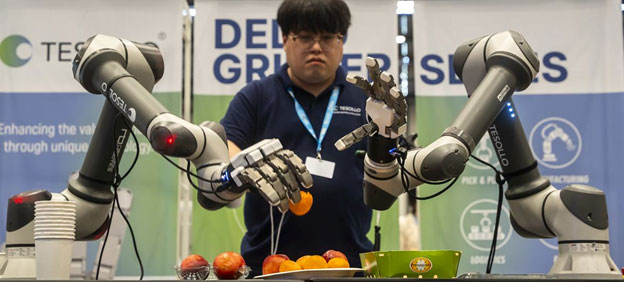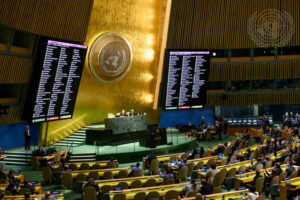
Civil Society, Democracy, Global, Global Governance, Headlines, Human Rights, International Justice, IPS UN: Inside the Glasshouse, TerraViva United Nations
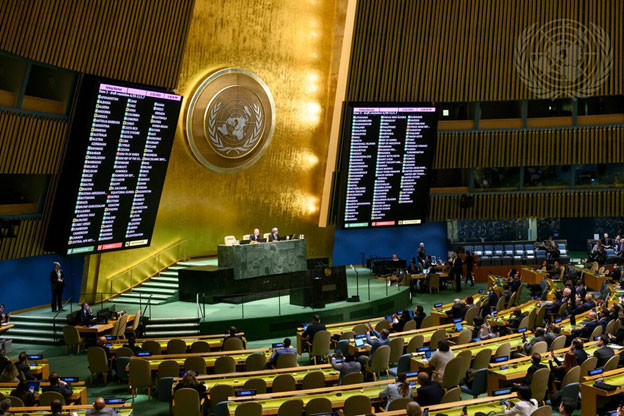
Credit: United Nations
– Last week, the United Nations (UN) marked its 80th anniversary against the backdrop of an unprecedented global crisis. With the highest number of active conflicts since 1946, trust in multilateralism is faltering.
Yet the UN’s founding vision, rooted in the principle of ‘We the Peoples,’ remains as urgent as ever; affirming that peace, human rights, and development cannot be achieved by governments alone. From the very beginning, civil society has been integral to this vision, a role formally recognised in Article 71 of the UN Charter, which underscores the value of NGOs in shaping international agendas.
“Article71: The Economic and Social Council may make suitable arrangements for consultation with non-governmental organisations which are concerned with matters within its competence. Such arrangements may be made with international organisations and, where appropriate, with national organisations after consultation with the Member of the United Nations concerned.”
Yet despite this important provision, multilateral processes have increasingly become state-centric, turning global governance into a top-down exercise detached from the people it is meant to serve.
Excluding civil society and global citizens from policy-making not only produces laws and policies out of touch with local needs but also undermines community-driven practices that are often best placed to identify challenges and craft solutions.
At worst, silencing those who hold governments accountable empowers authoritarian regimes to flout international law, restrict human rights, and erode the rules-based international order. While the UN may recognise the role of civil society in principle, why does practice remain so distant from this commitment?
One area for reflection is the extent to which international spaces mirror national realities. Many see the multilateral system as an all-powerful body safeguarding humanity from the scourge of war. In reality it is a regrouping of national actors, the same ones responsible for shrinking civic space at home.
According to the CIVICUS Monitor, more than 70 percent of the global population lives in countries where freedoms of expression, association, and assembly are severely restricted. For many human rights defenders (HRDs), even raising their voices at the UN has led to reprisals at home, including surveillance and imprisonment.
By privileging repressive states and sidelining accountability actors, multilateral institutions replicate domestic restrictions globally, leaving abuses unchecked and defenders excluded.
A second challenge is how money dictates priorities. The collapse of the global aid sector has forced many to confront this reality again. The UN is funded largely by member states through mandatory and voluntary contributions. Over time, earmarking of funds and shifting UN priorities have led to chronic underinvestment in human rights.
Today, the human rights pillar receives just five percent of the UN’s regular budget, and with the upcoming UN80 budget cuts, this already underfunded area faces further risk. When human rights are deprioritised through budget cuts and underfunding, the message to member states is clear- resources and political will are better placed elsewhere. This dynamic discourages collaboration with civil society and reinforces their marginalisation.
A third challenge is the unequal access granted to civil society at UN headquarters. Negotiation rooms are closed to most organisations, and draft resolutions are often circulated only among those with close ties to diplomats, leaving others without privileged access unable to provide timely input. Meaningful participation is impossible without timely information.
During high-level weeks in New York, even side event spaces can only be booked through a member state, effectively controlling who speaks and what is discussed. Major processes such as the Summit of the Future or Financing for Development rarely engage civil society at the national level in time to influence outcomes.
Even when hundreds of civil society organisations submit feedback on policy documents, there is little transparency on how their contributions are used. These opaque practices erode trust and leave committed groups questioning whether investing their scarce time and resources in multilateral spaces is worthwhile.
Despite these glaring challenges, which have turned the system into “we the member states,” the UN is not without tools to ensure it is inclusive of the people it was created to serve. First, existing tools such as the UN Guidance Note on the Promotion and Protection of Civic Space provide a clear framework for action through the “three P’s”: participation, protection, and promotion. To move this document beyond paper, the task force assigned to implement it must act urgently.
Accreditation processes may get civil society past the security desk after years of hurdles, but it does not guarantee meaningful engagement. What matters in the long run is meaningful participation across the UN system, not just at headquarters, in order to achieve political and practical impact.
Second, a focus on accountable leadership. When funding is slashed and political will abandoned, the UN inadvertently strengthens authoritarian regimes, enabling them to silence voices, restrict rights, and openly flout international law. This erosion of support for human rights contributes to shrinking civic freedoms worldwide and leaves many losing trust in the multilateral system.
In this context, civil society engagement is not optional, it is key to steering the UN’s future leadership toward defending human rights and global freedoms.
With conversations on the next Secretary-General already gaining momentum, civil society’s role must be a central test for every candidate. Town halls with nominees should be used to demand clear commitments to meaningful participation of civil society, as well as sustained funding and protection for human rights programmes.
This is not about tokenistic symbolism; meaningful civil society engagement is a fundamental condition for development progress, the protection of human rights, and the survival of a rules-based international order- including multilateral organisations like the UN.
As the UN enters its ninth decade, its relevance depends on accountability to the people, not just the states. Civil society must be recognized as independent partners, with their constructive input embedded across decision-making, financing, and oversight. Only by centering people and their rights can the UN restore trust, strengthen multilateralism, and truly fulfill its founding promise: a world grounded in peace, development, and human rights.
Jesselina Rana, a human rights lawyer, is the UN Advisor at CIVICUS’ New York Hub.
IPS UN Bureau

